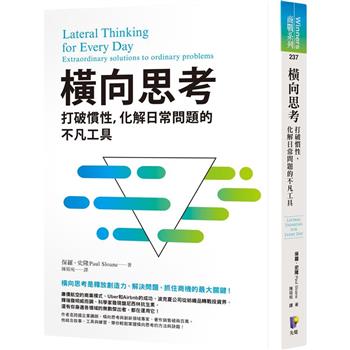More than 15 years have passed since the end of the Cold War, but uncertainty persists in the political-economic shaping of the world economy and state system. Although many countries have institutionalized neoliberal policies since the mid-1970s, these
policies have not taken hold to the same degree, nor have their effects been uniform across all countries. Nevertheless there has been widespread deepening of inequalities, and, therefore, scepticism towards the neoliberal project. Uncertainty prevails not only in the relations between states, but also in the relations between forces of capital, citizens, and political power within states. Moreover, there is conceptual confusion in our understanding of the events and processes of neoliberal global transformation. This collection of essays provides a comprehensive theoretical and empirical examination
of neoliberal restructuring as a complex political process. In an effort to penetrate and clarify this complexity, the book explores the connections between the economy, state, society, and citizens, while also offering current examples of resistance to neoliberalism.
| FindBook |
有 1 項符合
Hegemonic Transitions, the State and Crisis in Neoliberal Capitalism的圖書 |
 |
Hegemonic Transitions, the State and Crisis in Neoliberal Capitalism 作者:Atasoy 出版社:Routledge 出版日期:2009-01-29 語言:英文 規格:精裝 / 290頁 / 15.9 x 23.5 x 1.3 cm / 普通級 |
| 圖書館借閱 |
| 國家圖書館 | 全國圖書書目資訊網 | 國立公共資訊圖書館 | 電子書服務平台 | MetaCat 跨館整合查詢 |
| 臺北市立圖書館 | 新北市立圖書館 | 基隆市公共圖書館 | 桃園市立圖書館 | 新竹縣公共圖書館 |
| 苗栗縣立圖書館 | 臺中市立圖書館 | 彰化縣公共圖書館 | 南投縣文化局 | 雲林縣公共圖書館 |
| 嘉義縣圖書館 | 臺南市立圖書館 | 高雄市立圖書館 | 屏東縣公共圖書館 | 宜蘭縣公共圖書館 |
| 花蓮縣文化局 | 臺東縣文化處 |
|
|
圖書介紹 - 資料來源:博客來 評分:
圖書名稱:Hegemonic Transitions, the State and Crisis in Neoliberal Capitalism
內容簡介
|











